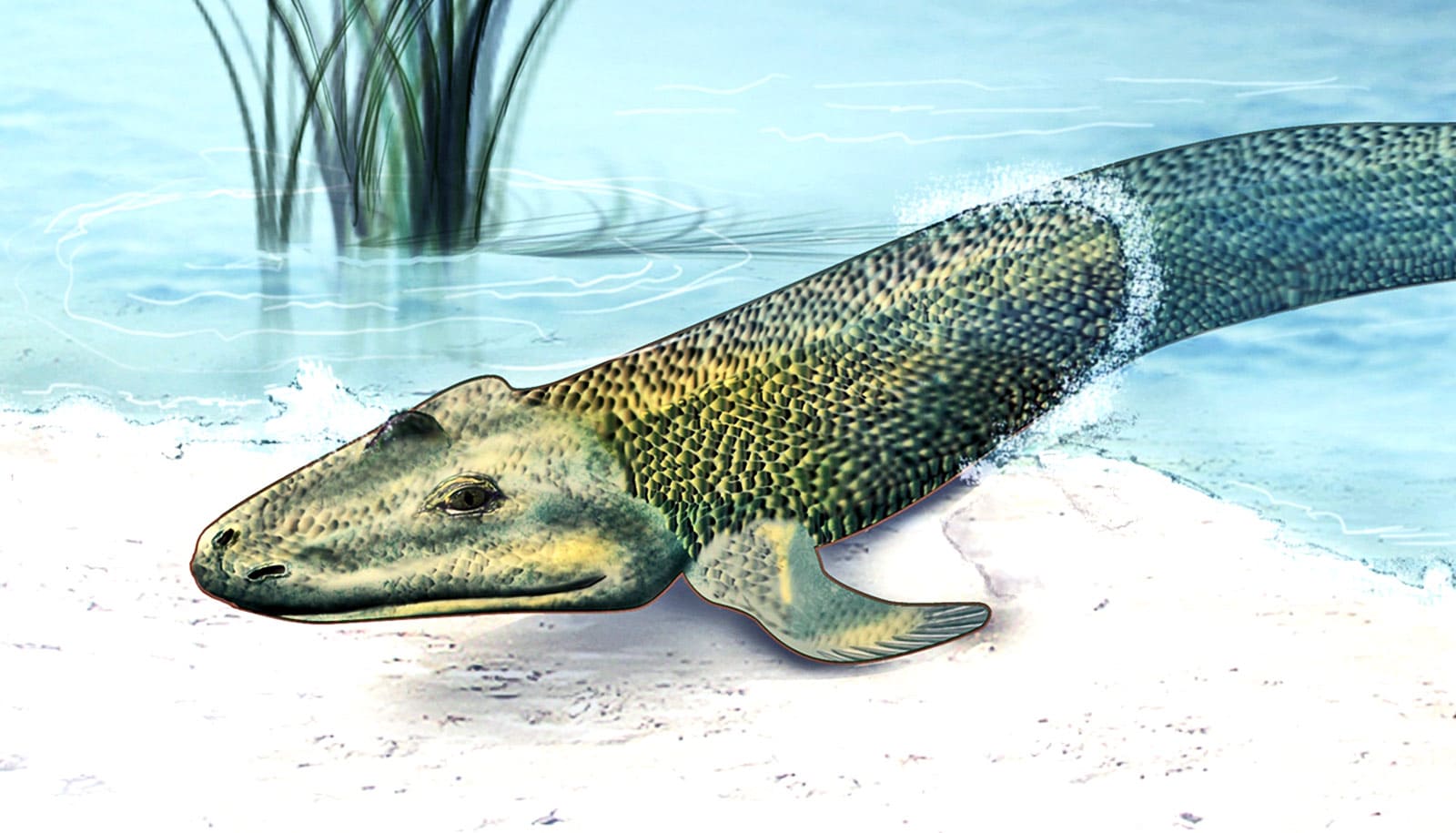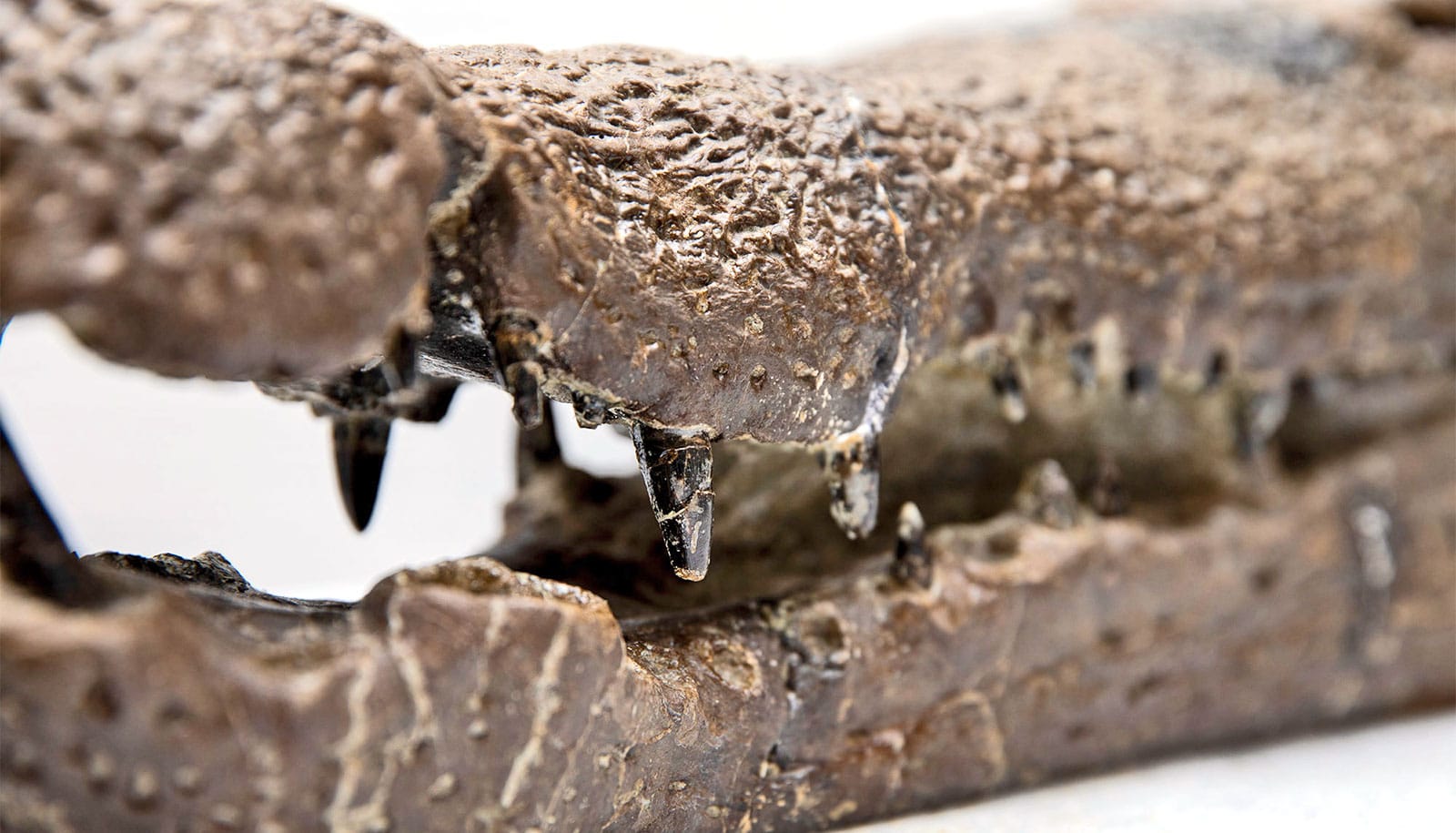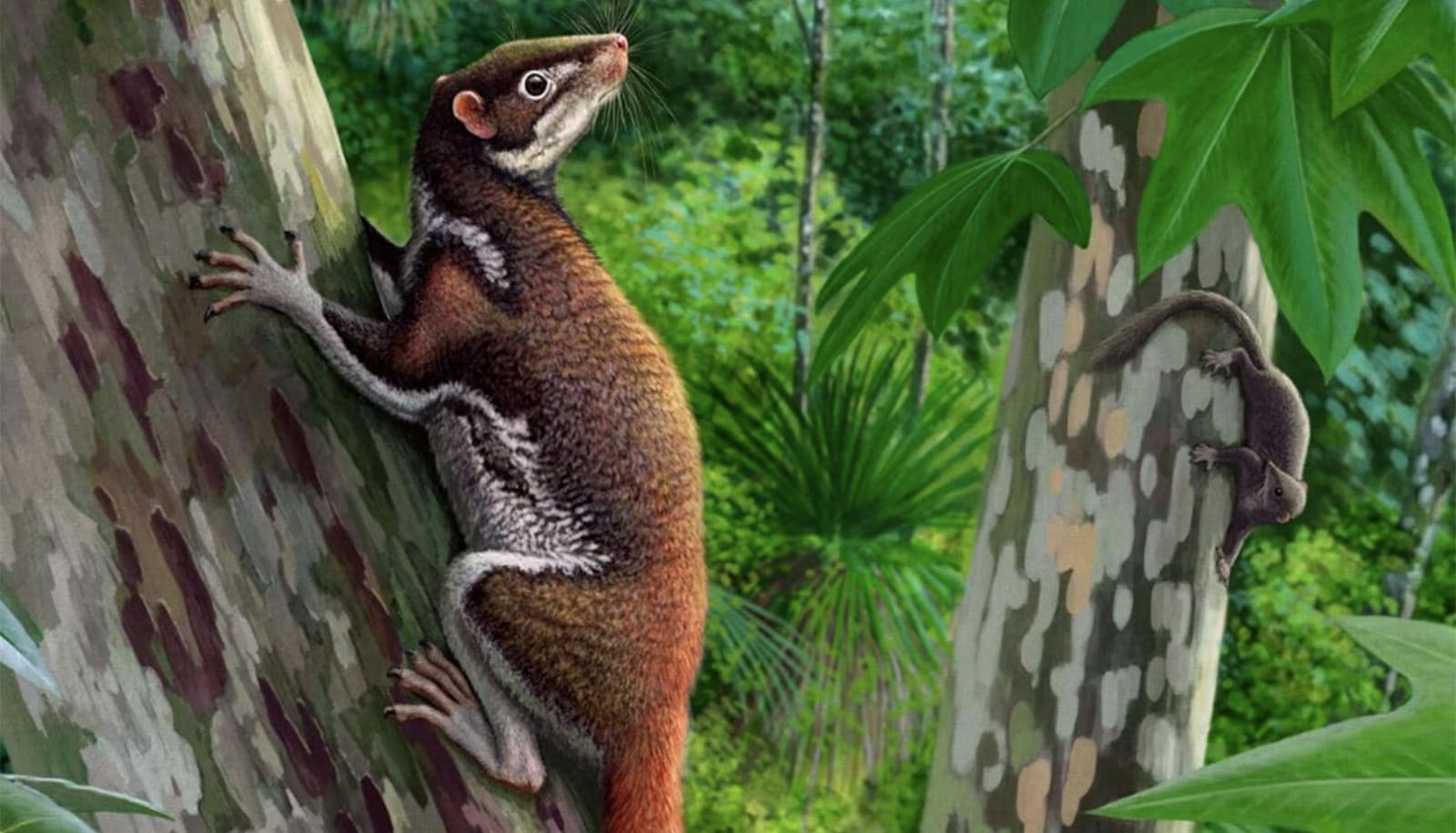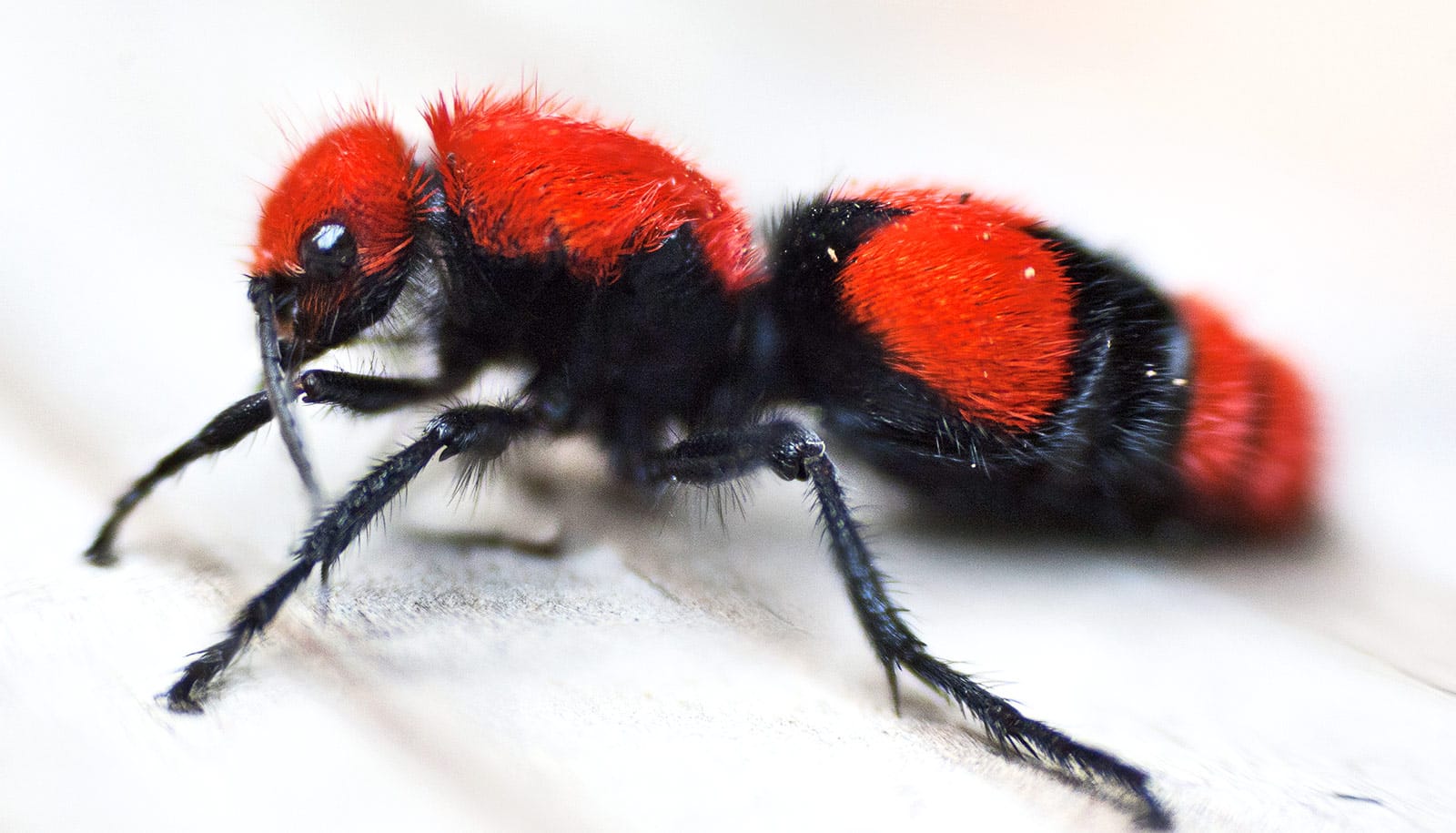Evolutionary biologist Neil Shubin says he’ll never forget the day in 2004 when he unearthed the discovery of a lifetime.
After spending six years in the Arctic searching for a fossil that could be a missing link between sea and land animals, Shubin finally found himself eye-to-eye with the 375-million-year-old creature that would come to be known as Tiktaalik roseae.
“I had staring at me the skull of a creature that looked part fish, part land-living animal,” Shubin says.
“What made it even better is that as we pulled that skeleton out, we started to see other parts of the body. We started to see its fins, and its fin had arm bones and wrist bones inside. We started to see its body, and it looked like it had both lungs and gills,” he says.
Shubin, a professor of organismal biology and anatomy, has shared his research in his book, Your Inner Fish (Vintage, 2008), and as host of a PBS series of the same name.
On the debut episode of the Big Brains podcast, Shubin discusses his discovery of Tiktaalik, what it meant for the understanding of human evolution, and the impact it’s had on the future of genetic research.
Most recently, Shubin’s research has taken him to Antarctica, where he will return later this year to search for more ancient fossils. “Questions are never-ending, and a life of discovery is a life of surprises,” Shubin says.
Big Brains is available on Apple Podcasts, Stitcher, or Google Play.
Source: University of Chicago



